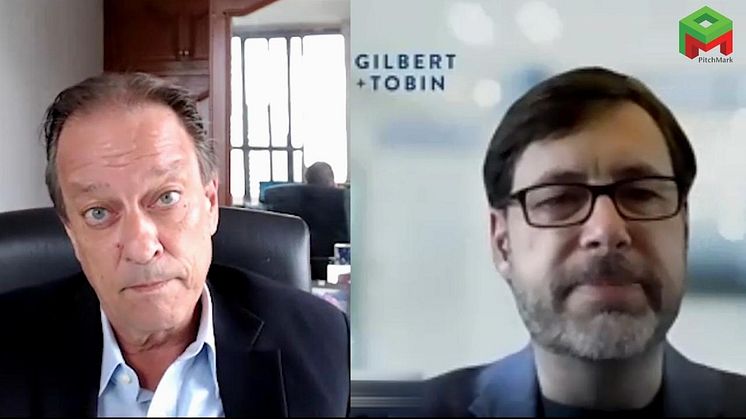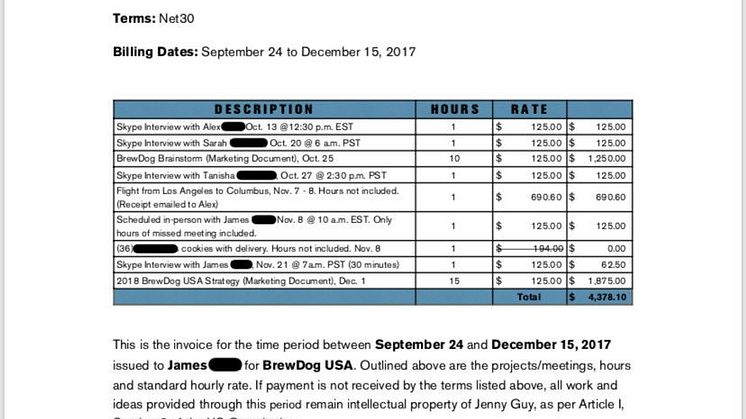
News -
Who owns ideas pitched during job interviews — the company or the job candidate?
Have you ever pitched an idea at work, only to see your boss present it later as his own idea?
While that must sting, imagine how much worse you would feel if your idea was pitched during a job interview, and you didn’t even get the job, much less the credit for the idea and any share of the financial benefit it generated.
That’s what one job applicant says happened to her. In August 2016, Michelle Kirkland attended a job interview with finance company Morgan Stanley. During the interview, she shared a business idea related to the use of software for providing information about financial products to investment advisors and investors.
Here’s the context: up until around 2016, financial companies, especially brokers, concealed their research fees by grouping these fees with the price of other services.
But regulations were about to change in the United States and Europe, which would require the industry to charge customers separately for research and services.
During her job interview, Kirkland pointed out that customers wouldn't pay for research if it was charged separately, and would switch to low-cost automated and discount brokers like Schwab and E*TRADE. (This is indeed what has happened.)
In a follow-up email, Kirkland proposed that Morgan Stanley could create a software-based system that would provide information to investment advisors and investors about financial products.
A month later, an analyst at Morgan Stanley published a report citing “enormous opportunities for digital and discount brokers”, according to this report.
In a lawsuit brought against Morgan Stanley, Kirkland contends that this report closely matched her views about the regulations discussed during her job interview, and that the company wouldn’t have been able to publish the report without her insights.
The suit further states that Morgan Stanley has refused to provide any form of compensation to Kirkland for using her idea, even though it has made millions from its report.
Dealing with idea theft in the workplace
Even when the person pitching ideas is a hired employee rather than a job candidate, the ownership of those ideas can be tricky to navigate.
Bosses who present their employees’ ideas as their own is not an uncommon problem, and often happens when the employees in question are relatively junior and have little leverage, according to the Wall Street Journal.
The article goes on to list some suggestions for how to deal with such situations, including conveying your ideas by email so as to create a paper trail.
The importance of documentation is something we believe in at PitchMark as well. This platform generates a certificate that serves as evidence that you created your pitch materials before the date and time of the certificate, and is able to trace the expression and distribution of original concepts, designs, proposals, business plans and other creative ideas and expressions. After all, when it comes to idea theft, a pre-emptive measure may mean the difference between owning the full value of your idea and seeing it slip from your grasp.
PitchMark helps innovators deter idea theft, so that clients can get the idea but not take it. To find out more about our services and how we can keep your ideas safe from theft, visit PitchMark.net and register for free as a PitchMark member today.




